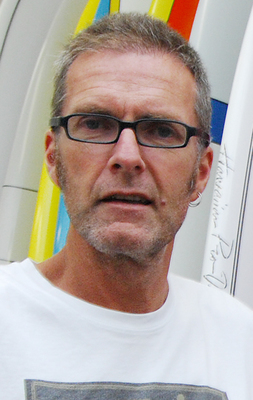City Hall has rejected claims of a link between mosquito-spraying and an alleged cluster of diseases including cancer at Barwon Heads.
“We are aware of individuals suggesting a link between mosquito treatment and an impact on human health,” said City planning and development director Gareth Smith.
“This suggestion has no scientific basis and the City is not aware of any evidence to support the claim.
“All of the chemicals used in our mosquito treatment programs have been approved as safe products by the Australian Pesticides and Veterinary Medicines Authority.”
City Hall would continue making public “the facts“ about its mosquito treatment program and the findings of a Chief Health Officer’s report in January on cancer rates across the Bellarine Peninsula, Mr Smith said.
The report found “no evidence of a higher rate of cancer overall in any geographical areas of the Bellarine Peninsula than elsewhere in Australia“.
“We are committed to communicate in an open and transparent manner to ensure our community is fully informed about this matter, as we did earlier this year when there was concern about soil contamination,” Mr Smith said.
The City’s control program used bacillus thuringiensis israelensis (Bti) and s-methoprene in pellets that affected only mosquito larvae, Mr Smith said.
The City occasionally applied pyrenthrum, a common personal insect repellent and fly spray ingredient, on vegetation in Barwon Heads Village Park from 1987 to 2010, he said.
“Up until 1987 we also used a product called Abate, which was approved for the same purpose. Abate contains the active ingredient temephos, which is still approved for use in Australia and around the world.”
Mr Smith’s statement followed Barwon Heads’ Ross Harrison compiling and publicising on social media a “cancer cluster“ map of the town.
Mr Harrison has linked the claimed cluster to the former South Barwon Shire and Geelong City Council allegedly spraying with cancer-causing chemicals.
More than 80 residents who lived near Barwon Heads colloquially named The Muddies reserve at the time of the spraying had contracted cancer or auto-immune diseases during the past 20 years, Mr Harrison has claimed.
He founded community group Discovery 3227 to investigate and advance the cluster claims.









